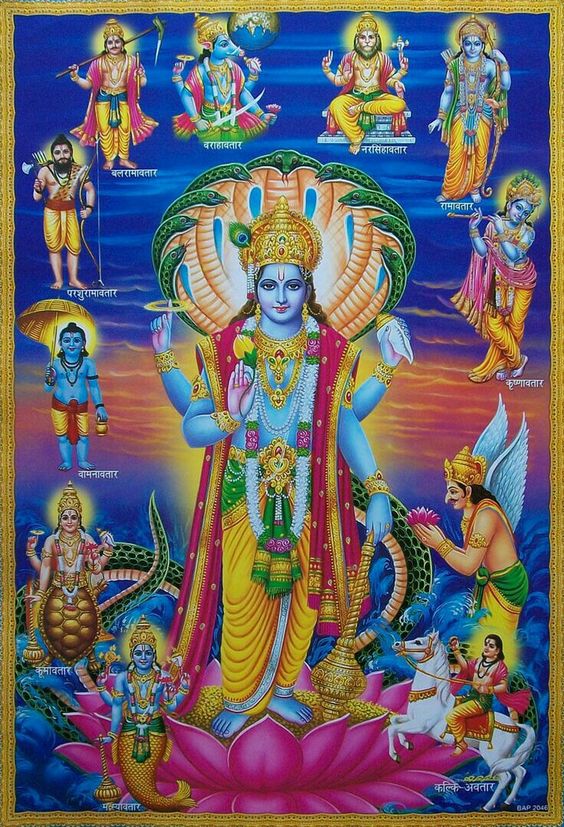The Spiritual Import of the Mahabharata and the Bhagavad gita-21-3.
05/02/2018
21.The Lord Dwells in the Hearts of All Beings- 3.
3.1
These three principles are described in the fourteenth chapter in some detail, which again become the principal features guiding the themes described in the seventeenth chapter. Everything is sattvica, rajasica or tamasica.
Whatever we think, whatever we speak, whatever we do, whatever we will—everything conceivable anywhere in any manner is one of these things—sattvica, or rajasica, or tamasica, or it is a mixture of one or two of these things in some proportion. Anyway, there cannot be anything independent of these.
That means to say there cannot be anything, anywhere, which is neither subjective, nor objective, or a blend of both.
3.2
The more we are able to bring a harmony between the subjective element and the objective features in the gradually ascending series of the manifestations of this principle of universality known as adhidaiva, the more we are able to succeed along these lines, the more we are spiritual, and the more we are moving along the path of God.
Else we are individuals—human beings caught up in the cocoon of our own feelings, or conditioned by the existence of outside things.
Thus a categorisation has been mad2e in the seventeenth chapter of the activities of our mind, speech and body, the food that we eat and many other things. In fact, anything that is of any meaning in our lives has been classified into either the sattvica, the rajasica, or the tamasica group.
We are advised that it not proper for us to work on the basis of the tamas element, or even the rajas element—always the sattva has been praised.
That is, the only valuable meaning in this world is the presence of divinity, and divinity is the harmonising principle among the conflicting factors. It is the cementing force in the middle of the gulf that is created in experience by the interference of subjectivity and objectivity.
To be continued ...
Swami Krishnananda






Comments